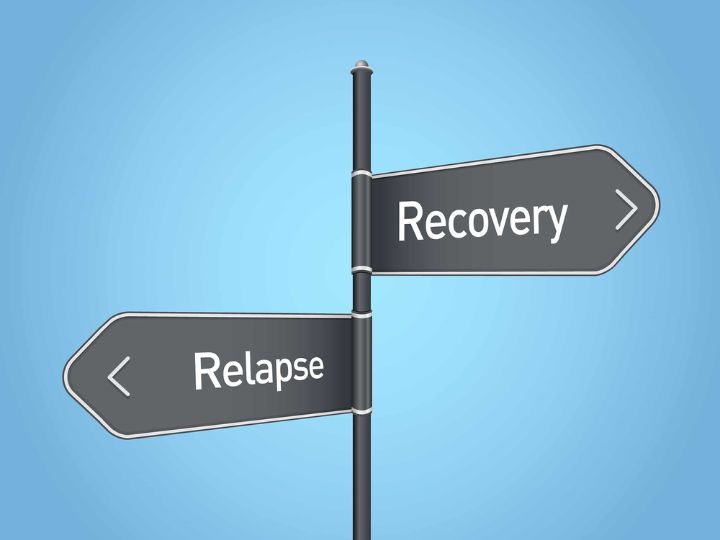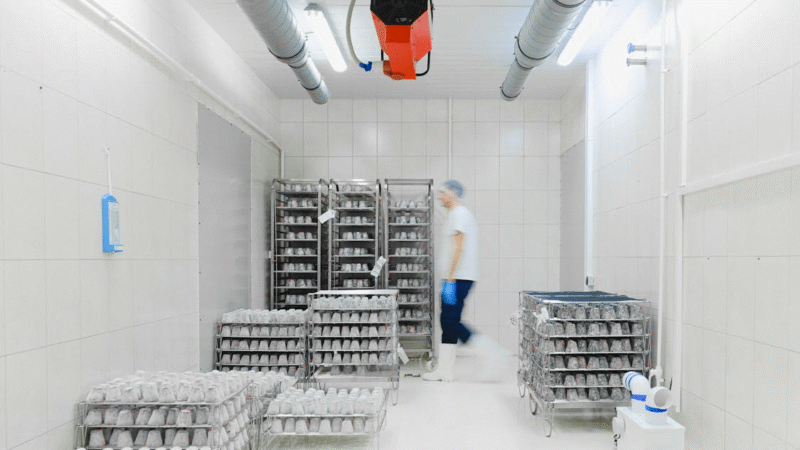6 Ways to Regulate Your Emotions Without Drugs or Alcohol

Emotions are like the weather—unpredictable, powerful, and often changing. While it’s normal to seek shelter in various forms, relying on drugs or alcohol for emotional regulation can lead to long-term problems rather than solutions. Fortunately, there are healthier, more sustainable ways to manage our emotional climate. This article explores six effective strategies to regulate emotions without the need for substances.
Mindfulness Meditation: The Art of Being Present
Mindfulness meditation is a powerful tool for emotional regulation. It involves focusing your attention on the present moment, observing your thoughts, feelings, and bodily sensations without judging them. This practice helps in understanding your emotional triggers and responses better.
When you’re mindful, you’re less likely to react impulsively to emotional upheavals. Instead, you gain the ability to respond more calmly and thoughtfully. Regular mindfulness practice has been shown to reduce stress, anxiety, and depression. It can be as simple as dedicating a few minutes each day to sit quietly, focusing on your breath, and observing your thoughts as they come and go.
This approach not only provides immediate relief during stressful moments but also contributes to a greater sense of peace and well-being over time. By integrating mindfulness into your daily routine, you create a robust foundation for emotional resilience, reducing the urge to turn to substances for emotional escape.
Travel and Environmental Change: A Fresh Perspective
Sometimes, a change of scenery can work wonders for emotional well-being and to get help for addiction. For many, it helps to travel to somewhere beautiful and sunny like California instead of going to alcohol rehab in Minnesota, South Dakota, Mississippi, or wherever it is that you live. Locations in California often offer more luxurious and opulent detox facilities than other locales throughout the nation.
Traveling removes you from the environment associated with your stressors and triggers, offering a chance to reset emotionally. Being in a new place can stimulate your mind and senses in positive ways, providing fresh experiences and perspectives. This shift in environment doesn’t just distract you from your troubles; it also presents opportunities for personal growth and emotional healing. Whether it’s the serene beaches, lush forests, or vibrant cities, finding a location that resonates with your soul can be a transformative experience in managing your emotions healthily.
Physical Exercise Helps More Than You Realize
Engaging in regular physical exercise is a potent way to regulate emotions without turning to drugs or alcohol. When you exercise, your body releases endorphins, often known as ‘feel-good’ hormones. These natural mood lifters play a crucial role in reducing stress, anxiety, and depression.
Whether it’s a brisk walk, a yoga session, or a more intense workout like running or weightlifting, physical activity can significantly improve your emotional state. Exercise also helps in better sleep, enhances self-esteem, and increases your overall sense of well-being. It’s not just about the physical benefits; the discipline and routine of regular exercise can instill a sense of purpose and accomplishment, providing a healthy outlet for any pent-up emotions or frustrations.
Creative Expression
Creative expression offers a powerful outlet for managing emotions without drugs or alcohol. Activities like painting, writing, music, or dance allow you to express feelings that might be hard to articulate verbally. This form of emotional release can be incredibly therapeutic.
Engaging in creative pursuits provides a sense of accomplishment and can be a profound source of joy and relaxation. It’s a way to explore and understand your inner world, giving voice to your emotions constructively and beautifully. Whether it’s through a canvas, a melody, or the written word, creativity nurtures emotional health and fosters a deeper connection with oneself.
Social Support to Build Emotional Resilience
Social support is vital in regulating emotions without relying on substances. Surrounding yourself with a supportive network of friends, family, or support groups can provide the emotional strength and perspective needed during tough times.
Having someone to talk to, share experiences with, and receive feedback from can significantly reduce feelings of isolation and stress. It’s important to cultivate relationships with those who understand and empathize with your emotional journey.
Structured Routine to Establish Emotional Stability
Establishing a structured routine can be remarkably effective in regulating emotions without resorting to drugs or alcohol. A consistent daily schedule provides a sense of predictability and control, which can be especially comforting during emotionally turbulent times.
Having a routine helps in organizing your day and setting clear goals, which can contribute to a sense of purpose and achievement. This can include designated times for work, exercise, relaxation, and sleep. By maintaining a balanced routine, you encourage healthy habits that support emotional well-being. It also minimizes the unpredictability that can often lead to stress and emotional upheaval, fostering a more stable and calm emotional environment.






